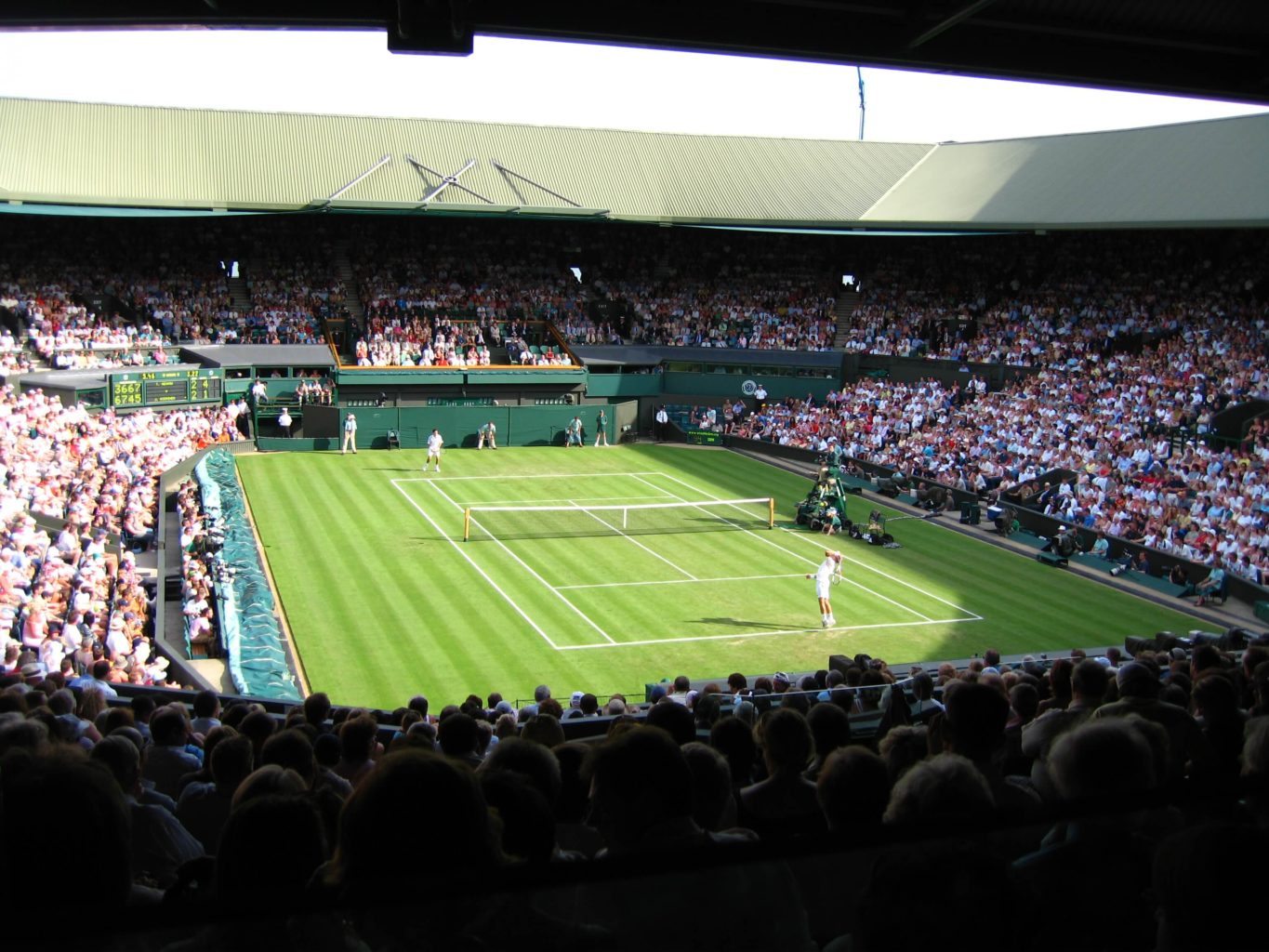In defence of Maria Sharapova
I don’t think Maria Sharapova is a cheat. There, I said it. But before we get to that, here’s the story so far.
On 7 March 2016, Tennis superstar Maria Sharapova announced that she had tested positive for the banned substance Meldonium. She claimed to have been taking it periodically and legally in the form of Mildronate (a medicine prescribed by her ‘family doctor’) since 2006. She also claimed that she had failed to note Meldonium’s inclusion on the list of banned substances compiled by the World Anti-Doping Agency (WADA); an act of negligence for which she took full responsibility. Since that day, sponsors have suspended their relationships with her and fellow and former players have publicly condemned her, with one even arguing that she should be stripped of her 35 WTA titles.
So, what do we know for sure? We know that Sharapova tested positive for a banned substance. We know that this was due to – at the very least – her own negligence. And I think we can all agree that she should be sanctioned for this.
I’m willing to trust that it was her ignorance that led to her current situation, rather than the assumption that she would be able to get away with taking Meldonium illegally.
What can we rule out? It seems improbable that the Russian would take a drug knowing that it would lead to her suspension, jeopardise her future career, relationships and put everything she had achieved thus far into question. I’m willing to trust that it was her ignorance that led to her current situation, rather than the assumption that she would be able to get away with taking Meldonium illegally.
Many are unwilling to trust her explanation, asserting that she knew the drug was improving her performance and continued to take it for that reason – legal or not. But if she and her lawyer, John Haggerty, are to be believed, Sharapova was not taking Meldonium at a high enough dosage for it to have had any effect on her results. If one observes the trajectory of her career, it’s hard to dispute such a claim.
In 2004, Sharapova reached the quarter-finals of the French Open, defeated Serena Williams to win Wimbledon, entered the top 10 and overcame Williams once again to win the year-end championships. The next year, she reached the quarter-finals or better at every grand slam and became number one in the world. In 2006, Sharapova began taking Mildronate and won her second Grand Slam at the U.S. Open. Yet the following season was less successful; she won just one title and ended the season ranked fifth, her lowest year-end ranking since 2003. In 2008, she won the Australian Open to regain the number one ranking, before injury took her out of the game and the top 100. She mounted a steady comeback, re-entering the top 10 in 2011 and winning her fourth and fifth Grand Slam titles at Roland Garros in 2012 and 2014.
Sharapova’s results do not seem to indicate that taking this medication gave her a notable advantage over her opponents. She was a Grand Slam champion and world number one before Meldonium was even in her system and there has been no significant irregularity in her career trajectory to suggest the influence of a performance enhancer. If you observe her record against the top players of her era, such as Williams, Justine Henin, Kim Clijsters, Amelie Mauresmo and Victoria Azarenka, you can hardly say she dominated them to a degree suggestive of an unfair advantage.
Former coach Robert Lansdorp has cited “jealousy” as the root of the lack of support among fellow players – and I can’t help but wonder whether he might be right. Players such as Williams, Azarenka and Eugenie Bouchard have all expressed their own personal enmity of Sharapova in the past. The press and public have been complaining about her grunt for over a decade and it is regularly noted that she is the highest-earning female athlete of all time, despite being by no means the most successful. Are WTA players simply taking delight in the fall from grace of their richer, more popular and more marketable rival? It wouldn’t surprise me.
I believe that the world is all too eager to discredit the words and achievements of this woman and bask in the sadistic glow of her unprecedented fall from grace.
Furthermore, is there an underlying misogyny at work here? I would speculate that if Roger, Rafa, Novak, or, god forbid, St. Andrew of Dunblane stood up in that Los Angeles hotel wearing a black suit and a mournful expression, headlines would have read ‘honest mistake’, ‘courageous’, ‘responsible’ and ‘good role model’, rather than ‘cheat’ and ‘take away his titles’.
Despite Sharapova’s claim that she did not knowingly cheat, the haste with which Nike managed to disassociate themselves with her must also be noted. When Kobe Bryant was charged with sexual assault in 2003, Nike didn’t drop him; nor did they drop Tiger Woods following his high-profile sex scandal. They waited a week before suspending their contract with Oscar Pistorius and they initially issued a statement of support for Lance Armstrong in 2012 when he was banned by the U.S. Anti-Doping Agency (though this was before the full extent of his crime was revealed). Here we see a trend of disgraced but marketable men receiving the benefit of the doubt, whereas Sharapova is immediately banished from the court before a verdict has been reached.
For now, I can only speculate. Yet I believe that the world is all too eager to discredit the words and achievements of this woman and sadistically bask in the glow of her unprecedented fall from grace. I’m always willing to be proved wrong, but try and tell me that Maria Sharapova failed that test for any reason other than negligence. For now, I’m not convinced.

Comments